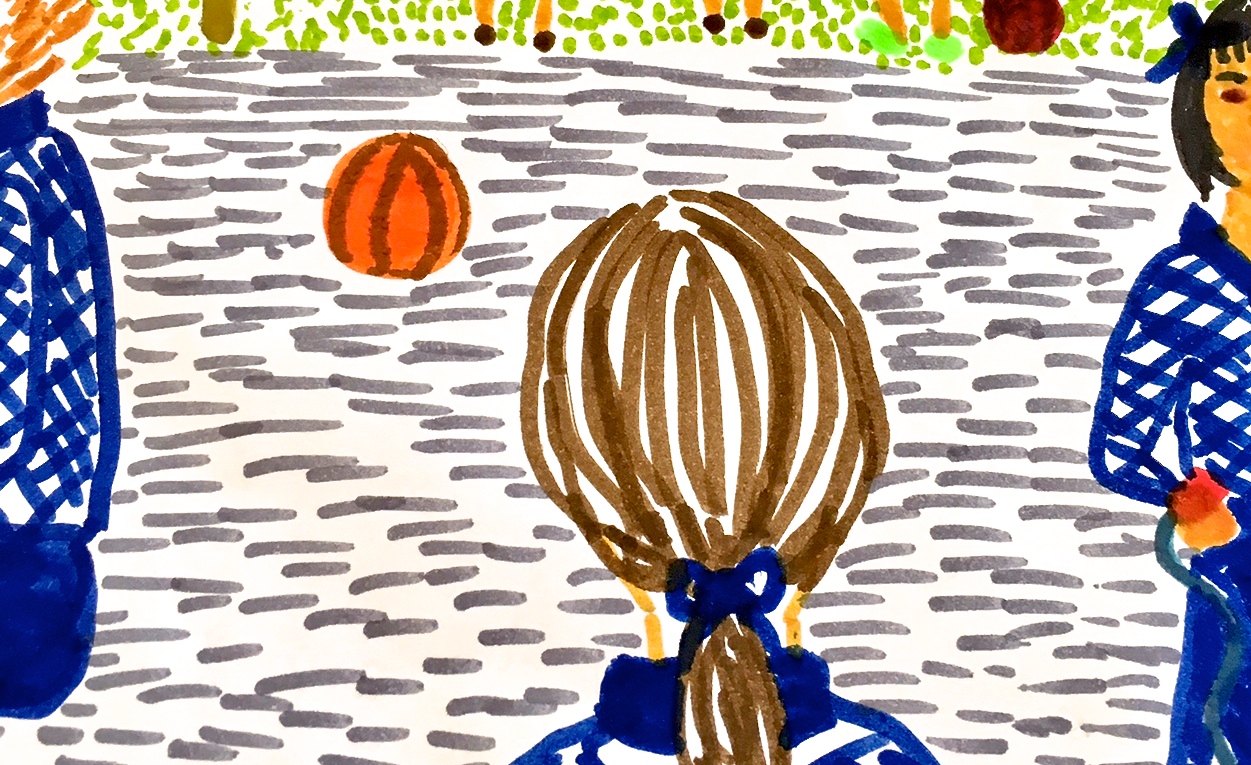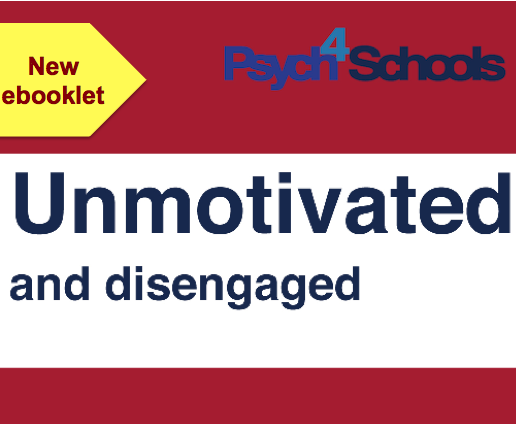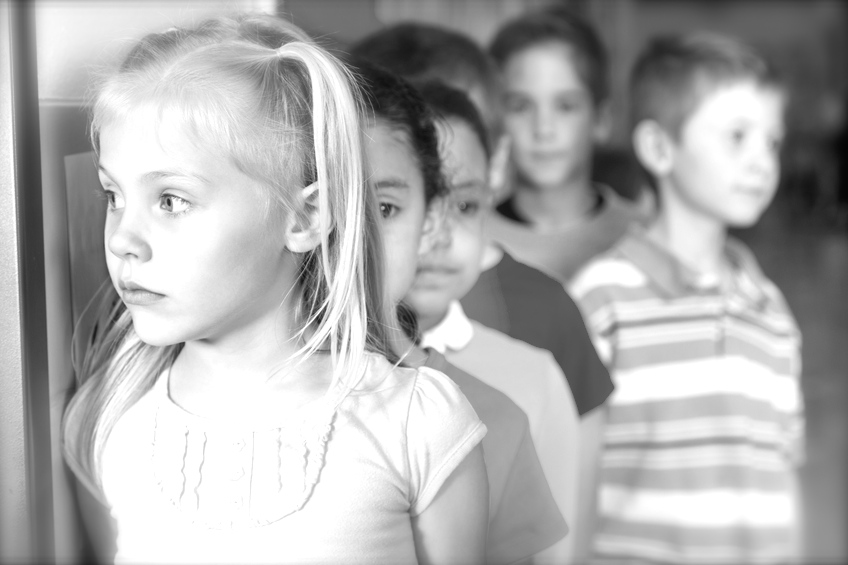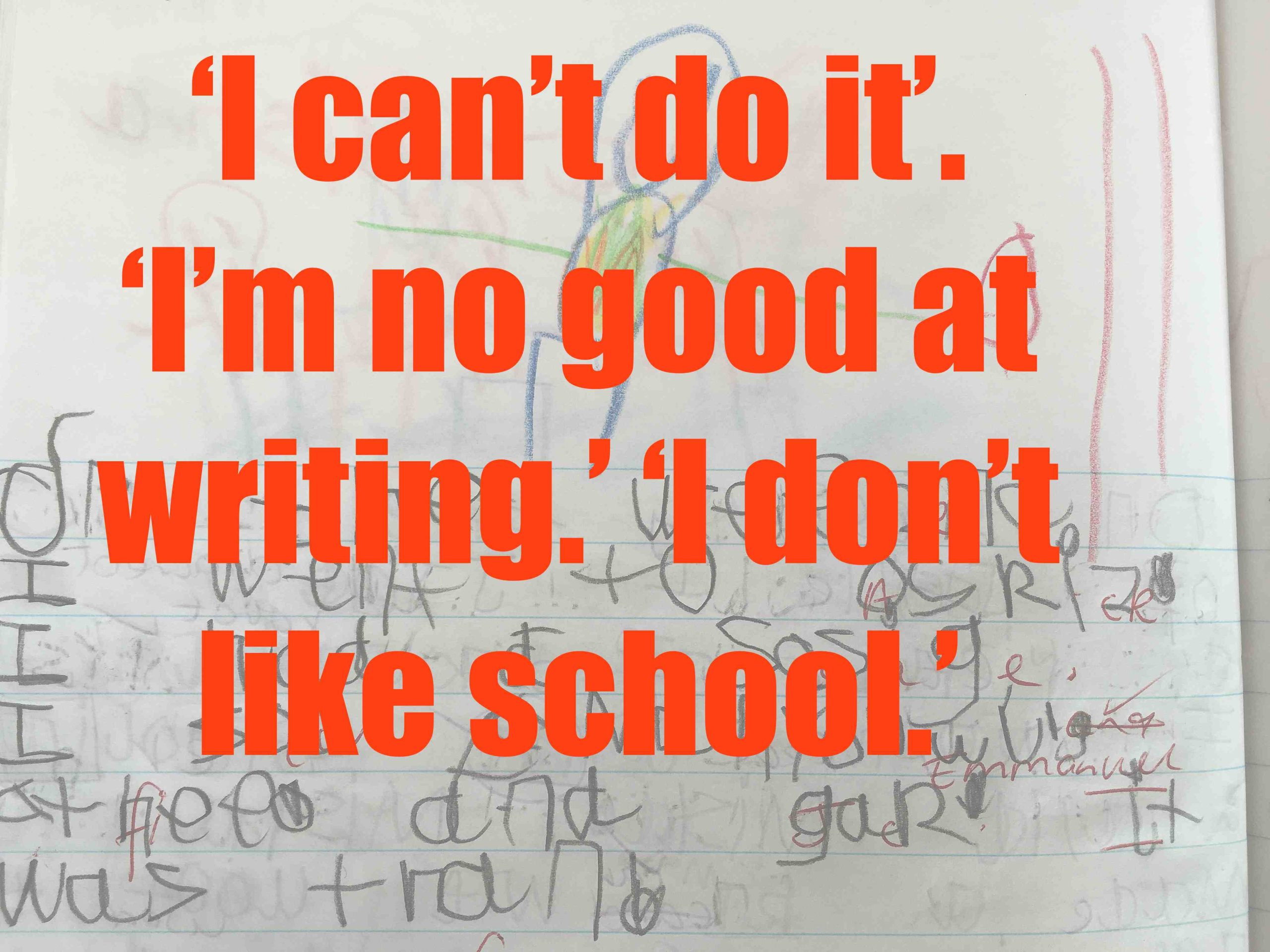Blogs
While learning to read seems effortless for many children, for some it can be challenging. As children are assessed mid-year, alarm bells can start to ring for those children who have not shown appropriate literacy growth. A specific learning difficulty such as dyslexia can be slow to manifest or be identified. For example, a young
Read moreIt is not unusual for children to sometimes tell lies or embellish the truth, particularly in the preschool and early primary years. One of the most vexatious behaviour management situations for teachers relates to getting to the bottom of a conflict between children, where none of the protagonists will admit to being at fault, there
Read moreQuestion & Ideas: Homework Issues
The question below was featured on our forum a few years ago. Since then we’ve had lots of people offer suggestions. We’ve summarised some of the responses below and added a few of our own. Question: ‘Hi, I have a student who has trouble getting his homework completed. This means he tends to hand in
Read moreNEW RELEASE: Working with children who are shy (revised) ebooklet
Feeling shy can be a normal part of a child or young person’s life, especially when new people or situations are encountered. However, shyness becomes a concern when it occurs in most situations and interactions, and interferes with relationships and schoolwork, or if the child is frequently nervous, socially anxious or withdrawn. The revised ebooklet
Read moreFor many students playing with others, and making and keeping friends seems to be quite effortless, but for a number it can be a challenge. Certain children find the unstructured nature of the schoolyard overwhelming, while others do not tolerate their peers for a variety of reasons. Unfortunately, about one in ten school-age children have
Read moreBuild engagement from the first day of school
As the first day of school approaches many teachers will be planning how to maximise student engagement in the classroom. One of the best strategies is to build strong student-teacher relationships. Teacher-student relationships play an essential role in a child’s motivation and engagement.[1] Maulana R., Opdenakker M. C., Stroet K., Bosker R. ‘Changes in teachers’
Read moreHot tips to get you through the last days of school
How are you feeling today? Exhausted? Sad? Relieved? Stressed? Excited? With only a few days (for those lucky ones) or a week or so until the end of the school year, you may feel like you’re limping along to the summer holiday finish line. Me too. Here’s what has been helping me get through the
Read moreNew release: Working with children who are disengaged and unmotivated in the classroom
Did you know that up to 20 per cent of students in any year are described as disengaged? [1]Angus, M., McDonald, T., Ormond, C., Rybarcyk, R., Taylor, A., & Winterton, A. (2009). Trajectories of classroom behaviour and academic … Continue reading This impacts significantly of the student’s learning outcomes. Many do not catch up academically in later years.
Read moreReduce student worry during emergency response drills
Emergency response drills require regular practice Schools have an obligation to provide a safe environment for children, staff, volunteers and visitors. Careful preparation, planning and regular practice drills are designed to equip staff to react quickly and calmly, to act in a coordinated and thoughtful manner and to minimize the risk of harm to all
Read morePromote protective behaviours this week
It’s National child protection week. If you work in a school this is a good time to share information with your students about being safe, how to seek help, and who to seek help from if needed. Discussing protective behaviours is one way to do this. Protective Behaviours are based on two main concepts: Everyone has
Read moreBuilding student self-belief for learning
In every class there are students who struggle to learn. Over time, some will begin to believe that even if they try, they will be unable to achieve. As a result, they may give up easily, be less willing to have a go, avoid trying new things, or asking for help, further reinforcing their perception
Read moreWord games to help prepare children for literacy at school
Children’s literacy skills begin developing long before they begin school. Some might argue that they begin in the womb, where we now know the foetus begins learning the difference between language patterns such as sounds, syllables and vowel lengths. [1]Partanen E, Kujala T, Huotilainen M, et al. Learning-induced neural plasticity of speech processing before birth. PNAS.
Read moreTips for getting a parent to a meeting
Recently a number of members have been asking for help in getting a hard to contact parent to attend a meeting at their school. To generate some fresh ideas we thought we’d publish some of the best suggestions posted on our old forum in response to the following question… ‘Hi, I was wondering if anyone has
Read moreQ&A Young student who bites and hits
Q: ‘I have been referred a child who bites and hits others when she cannot have her own way. The child is in Prep (Foundation year), and did the same at preschool and at home. This year’s classroom teacher has had some success, however the behaviour has returned. From my reading, this behaviour may relate
Read moreNew release: Working with children with serious or chronic medical conditions ebooklet
There are about 200 serious or chronic health conditions affecting Australian children and adolescents. A health condition that lasts three or more months, affects a child’s daily living, requires frequent hospitalisation, extra home care, and/or extensive medical care and treatment nationwide.[1] Mokkink, L. B., van der Lee, J. H., Grootenhuis, M. A., Offringa, M., Heymans, H.
Read moreImproving communication for adolescent students living with health challenges
By Dr. Julie White, Psych4Schools Guest Blogger An estimated 12% or half a million Australian school-aged children and young people live with chronic health conditions. There are about 200 different conditions, ranging from Cystic Fibrosis to survivors of childhood stroke to those dealing with Crohn’s Disease. Medical successes enable many, who in the past would
Read more














